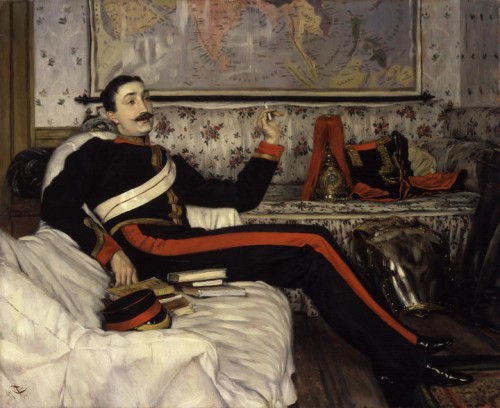Anyone remember the Russian submarine Kursk (K-141)? In the year 2000, it was severely damaged by an on board explosion and sank in relatively shallow water. All hands were lost.
(And yes, I know that Wikipedia is unreliable and should not be used as a reference. But it is the best brief encapsulation of the facts that I have found on this subject.)
Within days of the disaster, both the British and Norwegian military had offered the use of their underwater rescue teams. The Russians flatly refused, even though both of the foreign teams were probably the best trained and equipped in the world for retrieving crew from a stricken submarine. This proved to be a terrible mistake on the part of Russia, as budget woes since the fall of the USSR had caused maintenance to be cut back to the point that their own specialized rescue submersibles were no longer able to do the job.
What is more, then President Vladimir Putin found himself at the center of a great deal of negative PR. On vacation when informed of the disaster, he made the decision to continue relaxing while the rescue efforts started. It wasn’t until five days after the explosion that he made a public statement about the incident, lending to the impression that he was unconcerned about the lives of fellow Russians.
The humiliation of the Russian government was complete when it came to light that they didn’t even have the means to raise the wreckage from the sea floor! Two private Dutch companies had to do the work, making the initial refusal of help all the more poignant for the families and loved ones of those who lost their lives in the disaster.
I’m bringing up this bit of ancient history because I see some amazing parallels between the Kursk disaster, and the current problems with oil gushing from a damaged offshore well.
